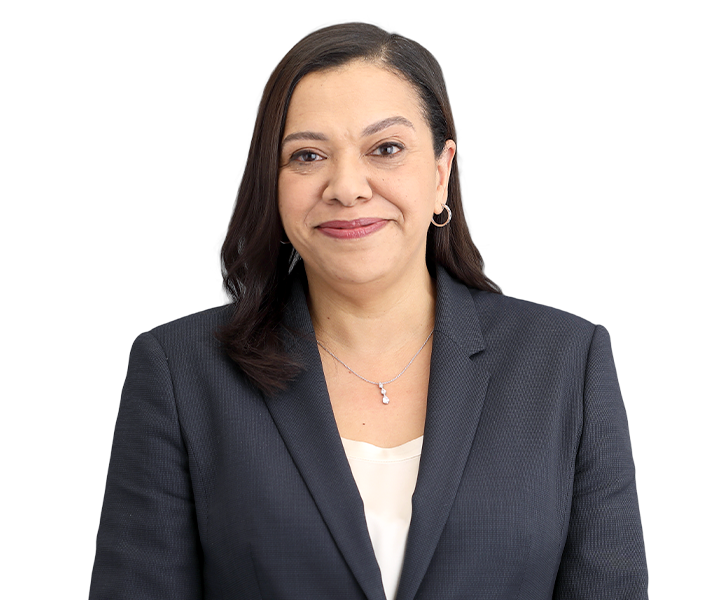Risk
Management
Advancing Risk Management
Advancing risk management practices is a core concept at PJM in support of reliable operations, markets and planning. While PJM continued to strengthen its financial risk mitigation infrastructure in 2020, the ongoing COVID-19 pandemic provided many opportunities to grow and share best risk practices for operations.
New Risk Management Standing Committee
The Risk Management Committee was endorsed by the Members Committee as a new standing committee in 2020. This new committee serves as a forum for PJM and its members to consolidate, consider and implement risk management across all aspects of PJM.
Beginning with its inaugural meeting in January 2021, the Risk Management Committee reports to the Markets & Reliability Committee. In meetings, members, stakeholders and PJM collaborate to:
- Consider and recommend changes to the PJM governing documents and manuals on credit and associated risk management principles
- Provide credit and associated risk management expertise to the PJM stakeholder process
- Consider matters relating to the financial and market-driven risk exposures faced by PJM members and the management of those risks
Managing Market Risk
Since its establishment in 1998, the Financial Transmission Rights (FTR) market has continuously evolved as a forward energy market that allows market participants to lock in congestion costs as a hedge against risk on a monthly or long-term basis. FTR auctions also provide price discovery, inform expectations about future system congestion and support decision-making for long-term investment in generation and transmission.
An Auction Revenue Right (ARR) is another type of path-based transmission right. ARRs are allocated annually to eligible load-serving entities and firm transmission customers in PJM. As designated by PJM, an ARR holder is entitled to receive a payment as a result of the annual FTR auction.
In recent years, reducing financial risk to PJM and market participants has continued as a particular focus via the Financial Risk Management Senior Task Force (FRMSTF).
In a set of key reforms, changes to FTR auction rules crafted by PJM and its stakeholders were approved in April by FERC.
Those approved changes included:
- An increase in auction frequency
- Improvements in technological capabilities
- Enhanced protection from potential defaults
The task force also continued to discuss reforms of FTR liquidation procedures, initial margin requirements for market participants and stakeholder proposals to explore the potential for outsourcing of the clearing of the FTR auctions.
Also in 2020, PJM and its members established the ARR/FTR Market Task Force to examine these long-standing, critical products and investigate additional reforms. In December, PJM released the results of an independent consultant’s review. This study found that most participants are generally satisfied with the current market design and suggested incremental improvements. This work positions the ARR/FTR Task Force to resume work in early 2021 based on core market design principles of equity, efficiency, simplicity and transparency.
Cybersecurity: Information Sharing Is Crucial
PJM shared its cybersecurity perspectives in August before the U.S. Senate Committee on Energy and Natural Resources. In testimony, PJM’s Thomas F. O’Brien, Senior Vice President and Chief Information Officer, discussed the importance of collaboration with stakeholders and industry partners. Timely information sharing is critical, he added, for learning, understanding and appreciation of adversaries. This collaboration continued through the suspected cyberattacks on government and private targets in December.
Amid these operational risks, PJM continues to maintain normal operations, planning and market functions while working with its members, stakeholders, and industry and government partners to share the most up-to-date information on system threats and best practices.
